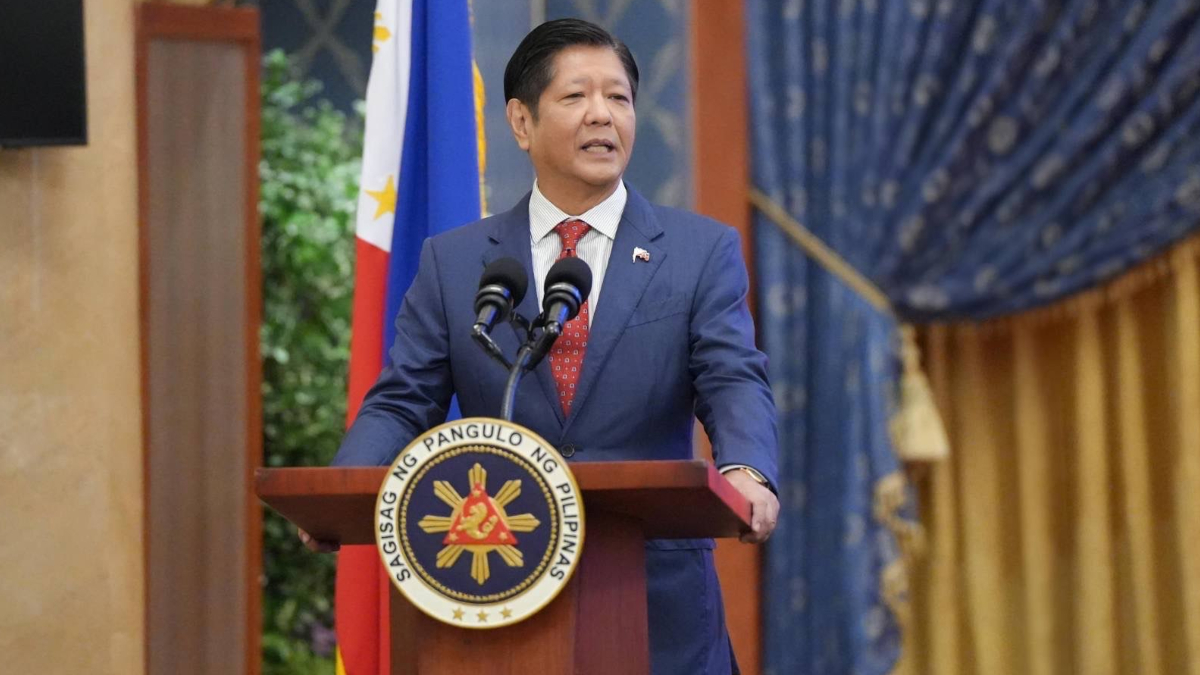President Ferdinand Marcos Jr. has emphasized the ongoing initiatives aimed at assisting overseas Filipino workers (OFWs) who have been away from the Philippines for extended periods and face limited livelihood options upon their return.
Speaking before his departure for Singapore, Marcos highlighted in Brunei that the need for such programs became particularly evident during the pandemic, which forced many OFWs to return for health and safety reasons.
“We could not just send them back into there… you’re familiar with the situation that happened. We had to find jobs for the overseas Filipino workers that had come back,” Marcos said.
Programs like Tulong Panghanapbuhay sa Ating Disadvantaged/Displaced Workers (TUPAD) have been initiated to support displaced workers. “The TUPAD project is a program specifically for that. It is for workers who have lost their jobs for whatever reason, or would like to transfer,” he added.
Marcos stressed the significance of retraining, upskilling, and reskilling not only for OFWs but also for the local workforce. The government has therefore allocated a larger budget for the Technical Education and Skills Development Authority (TESDA) to support retired and displaced OFWs.
The Department of Budget and Management has earmarked P15.2 billion for TESDA’s skills development and scholarship programs under the 2024 National Expenditure Program.
Marcos also highlighted the collaboration between the government and the private sector to ensure that training programs lead to employment opportunities. “For example, there are schools that have been… the maritime sector is one of the best examples. They are working very closely with the industry,” he noted.
Marcos underscored the importance of strengthening the employment side of livelihood programs, noting that many initiatives fail when there are no job placements after training. “So, you know, I’ve also tried very hard to strengthen the side of employment because there are a lot of livelihood programs,” he said. He emphasized that the point of these programs is to secure employment for the participants.
As of 2023, there were an estimated 2.33 million registered OFWs, whose annual remittances represent nine percent of the Philippines’ gross domestic product, according to Daily Tribune.
In other news, President Marcos discussed the Philippines’ interest in waste-to-energy projects during a meeting with major players in Brunei’s energy sector. He acknowledged that while there is significant interest, these projects are still at a micro level due to legal, regulatory, and local government challenges.
“There’s a great deal of interest in that (waste-to-energy). But right now, it is not at the very macro level. It’s very much at the micro level,” Marcos said.
Marcos remains optimistic about the future of waste-to-energy initiatives and the potential for oil and gas collaboration enhancements. He stated, “I think the legislators are coming to the understanding that there actually are viable and clean solutions to the problem of waste disposal.”
The President met with representatives from the BSP, BLNG, Total Energies in Brunei, Serikandi Oilfield Services, and Adinin Group of Companies to discuss these initiatives.






